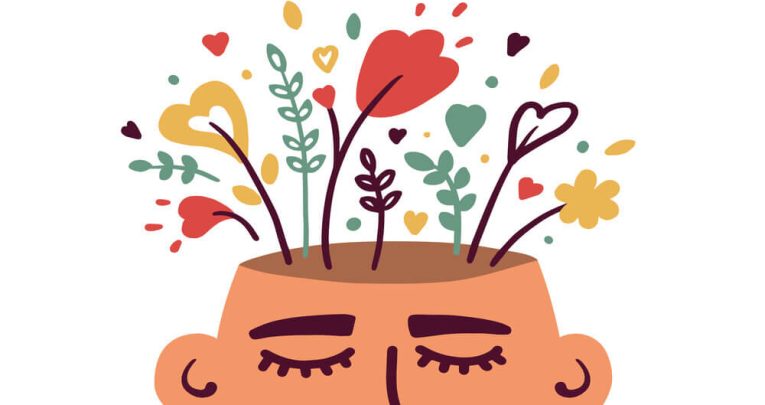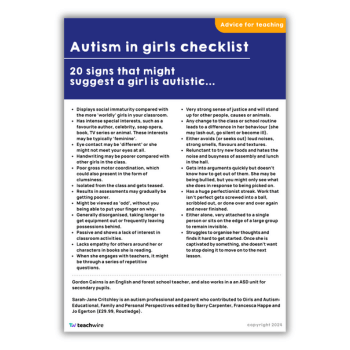Positive health – 6 tips for teacher wellbeing

Prevention is better than cure so why not commit to some good health habits this term…

Go green
Getting outside boosts the immune system, lowers blood pressure, and reduces the body’s main stress hormone, cortisol. Aim to get out of the school building for at least one lunch break per week. Consider parking a short distance from school and walking in now and then. Consciously focus on what you can hear and see while walking, to banish thoughts of work. Green time improves concentration and focus so see this as investing in your school as well as yourself!
Flexible working
Teachers tend to hold stress in their shoulders, putting a strain on the head, neck and upper back. Do you get frequent headaches? Hunched shoulders could be the cause. To restore them to their normal relaxed state, roll your shoulders up, back, then down, then reverse the movement, rolling forward. Repeat this ten times daily. Some basic yoga stretches can also help general aches and pains. Use the wall in your classroom to limber up and prevent back pain. Get down on all fours facing away from the wall and then put one knee where the wall meets the floor, with your leg and foot flat against the wall. Bring your other knee up and forwards with your foot flat on the ground. Try to sit up straight but don’t force it. Repeat this twice a day. Child’s pose is also great for stretching the hips, thighs, ankles and back muscles. Kneel on a mat and rest your stomach and forehead on the mat, with your arms outstretched in front of you, palms towards the floor. Relax your shoulders, breathe deeply and try not to snore!
Protect your voice
Teachers are vulnerable to voice problems, and women are particularly at risk because their vocal chords vibrate faster. Staying hydrated is essential so aim to drink at least six glasses of water a day. Throat clearing brings your vocal chords together forcefully and can be harmful. As an alternative, the NHS suggests sipping water, or doing a low pitched ‘mmm’ then swallowing.
Beauty sleep
To prevent school worries racing through your mind in the early hours, write a to-do list before bed, as well as writing three things you are grateful for. It’s been found that this type of gratitude can reduce depression and illness, and improve happiness.
Super diet
Sneak ‘superfoods’ into your own diet. Prepare homemade soup with veg such as spinach, kale, carrots, onions, sweet potatoes and squash to boost your intake of fibre, calcium and vitamins A, C and K. Nuts and seeds make a great snack as they have high levels of minerals and healthy fats. Keep frozen berries in the freezer and mix them with breakfast oats in the morning – a great quick breakfast. You can also blitz frozen berries with orange juice before you leave the house, and pop into a lidded cup so that you get your daily dose of antioxidants.
Mental sustenance
Try to be present and in the moment at least once a day. Focus on your breathing for a few minutes before you get out of bed. For example, practise 4-7-8 breathing: inhale through your nose for a count of 4, then hold your breath for a count of 7, then exhale through your mouth for a count of 8. Ensure that your mind is not filled with work thoughts 24/7 and make time to see friends and family. Aim to do something non-work related that you enjoy at least once a week. Be kind to yourself and, above all, remember that you can’t help others if you’re not at your best.
Sarah Watkins has taught every year group and was previously head of school. She is an SLE (English) and currently teaches Reception.











